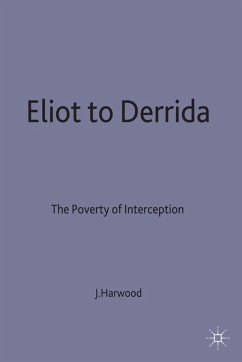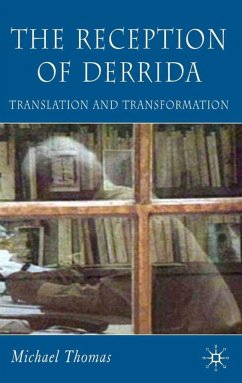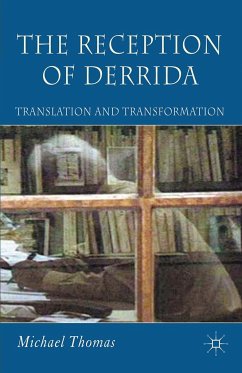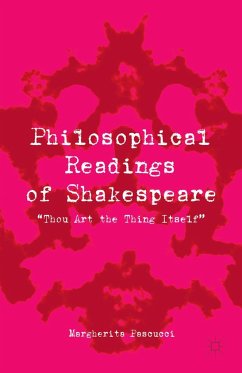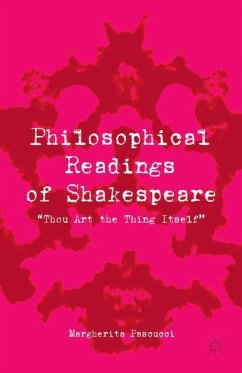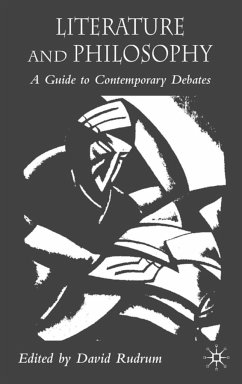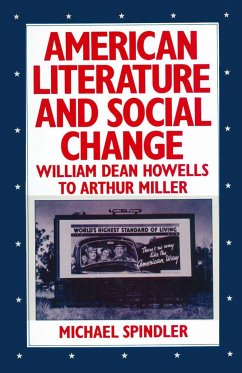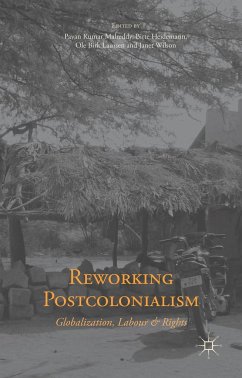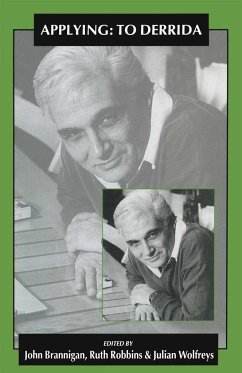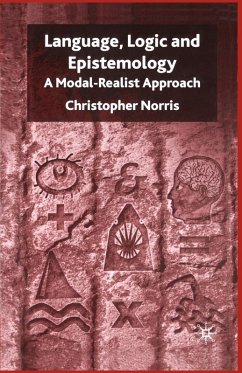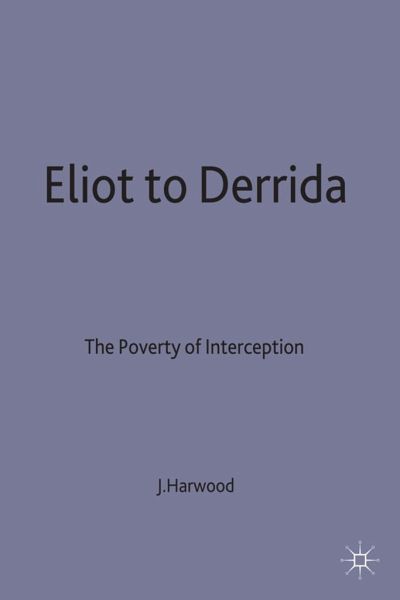
Eliot to Derrida
The Poverty of Interpretation
Versandkostenfrei!
Versandfertig in 6-10 Tagen
38,99 €
inkl. MwSt.
Weitere Ausgaben:

PAYBACK Punkte
19 °P sammeln!
'...a book which should be read by all students contemplating enrolment for a university course in modern English or European literary studies.' - Roy Harris, Times Higher Education Supplement Eliot to Derrida is a sardonic portrait of the cult of the specialist interpreter, from I.A. Richards and the Cambridge School to Jacques Derrida and his disciples. This lucid, iconoclastic study shows how, and why, so much of the academic response to a rich variety of literary experiment has been straitjacketed by the vast industries which have grown up around `modernism' and `postmodernism'. For anyone...
'...a book which should be read by all students contemplating enrolment for a university course in modern English or European literary studies.' - Roy Harris, Times Higher Education Supplement Eliot to Derrida is a sardonic portrait of the cult of the specialist interpreter, from I.A. Richards and the Cambridge School to Jacques Derrida and his disciples. This lucid, iconoclastic study shows how, and why, so much of the academic response to a rich variety of literary experiment has been straitjacketed by the vast industries which have grown up around `modernism' and `postmodernism'. For anyone disenchanted with the extravagant claims - and leaden prose - of literary theorists, this will be an exhilarating book.





